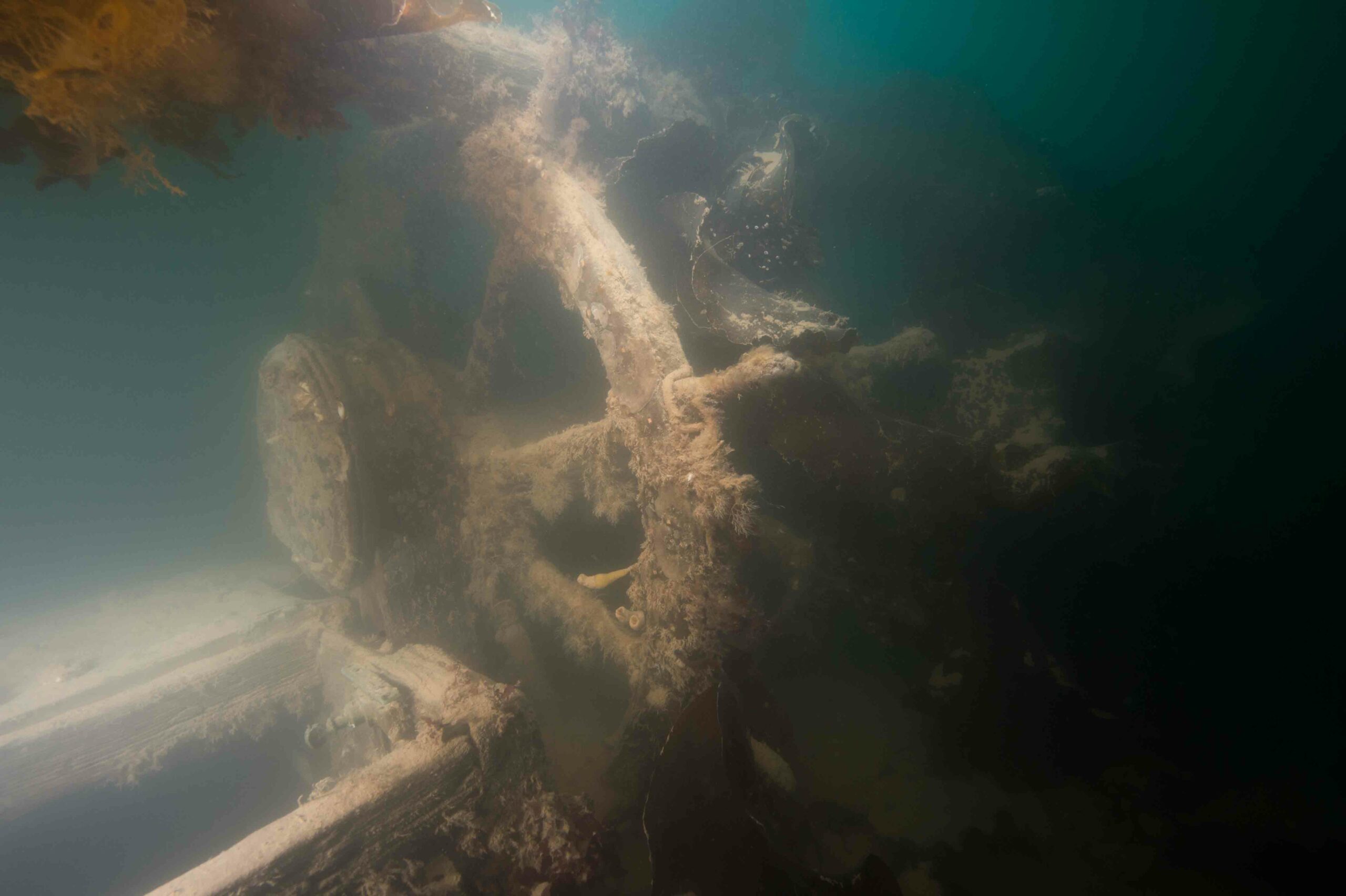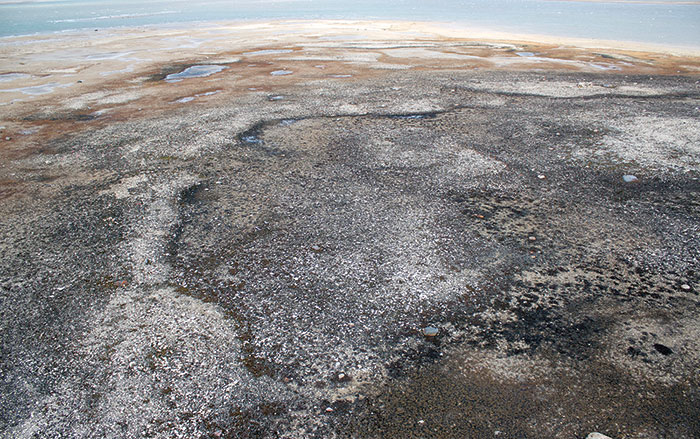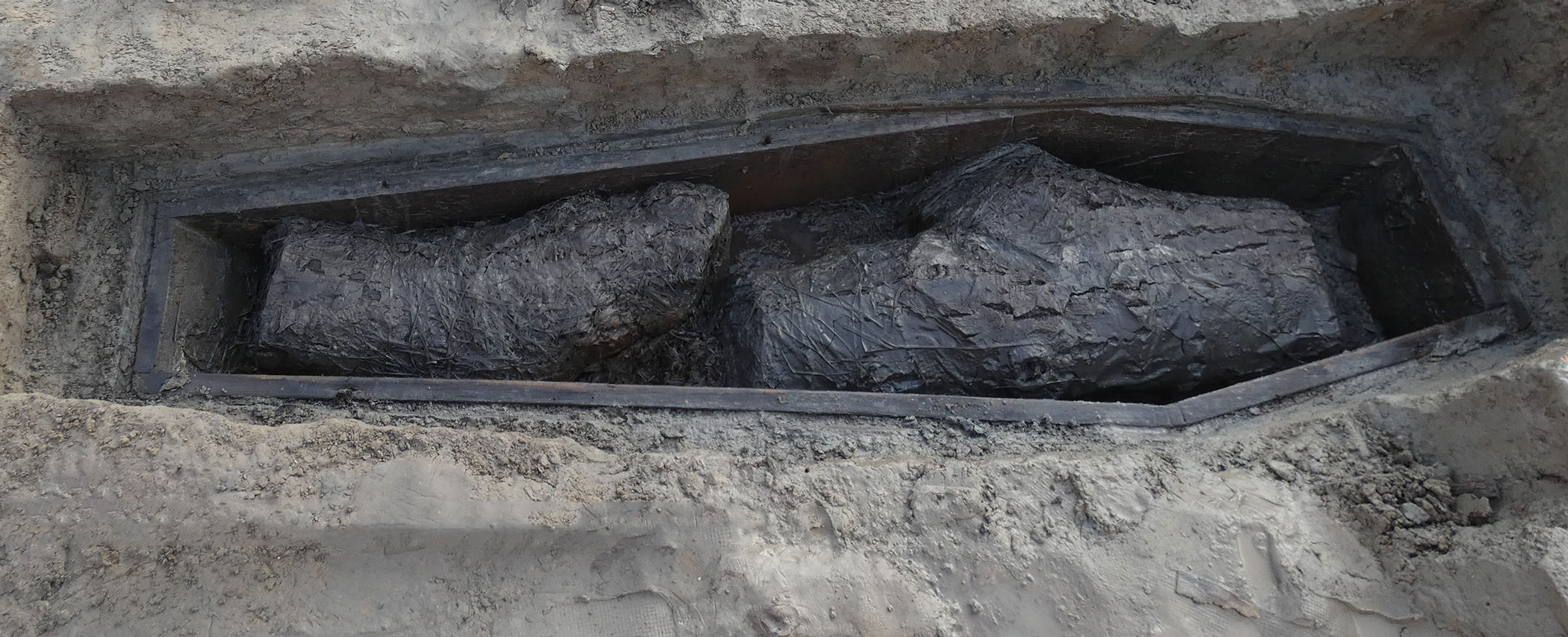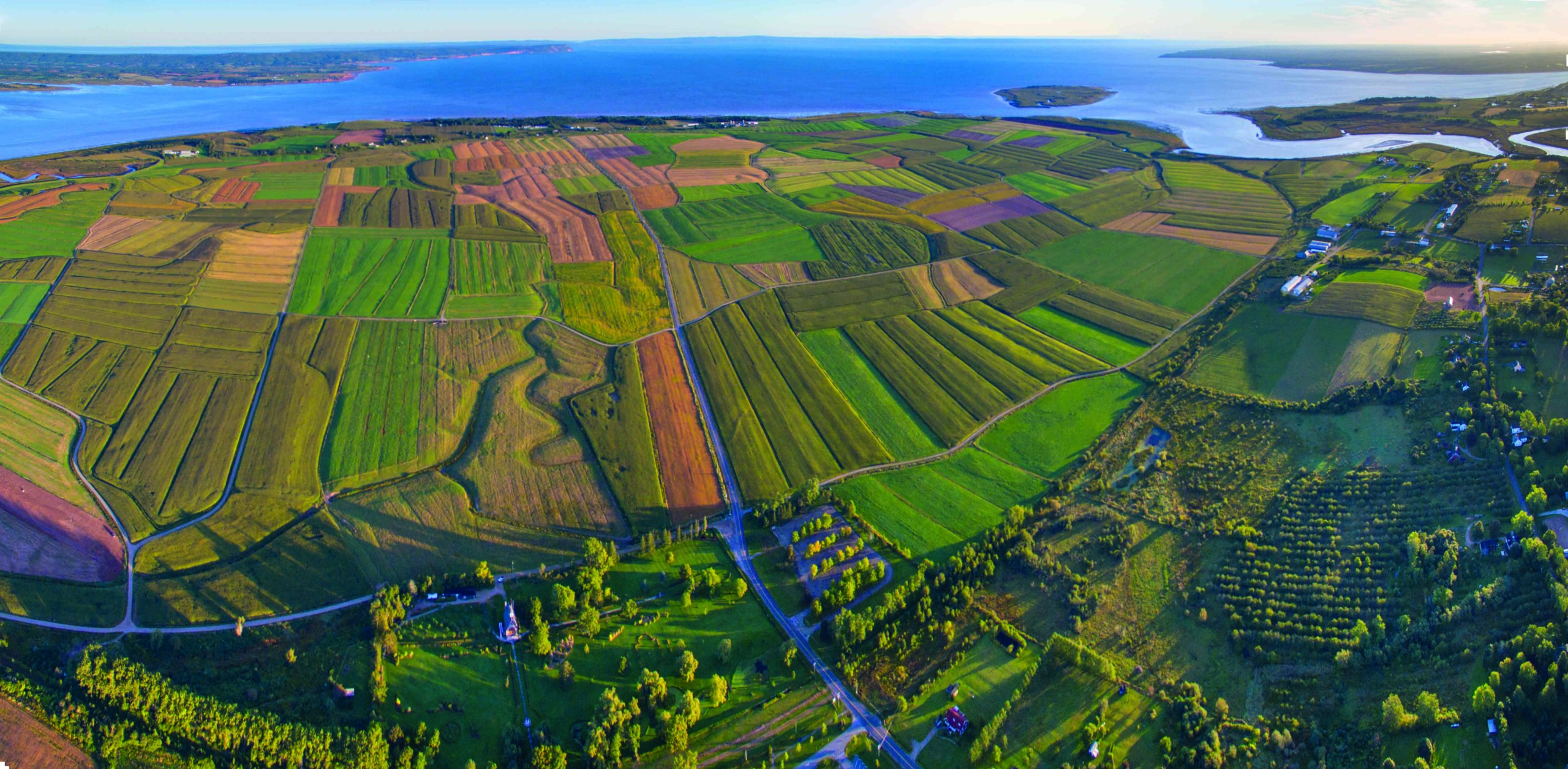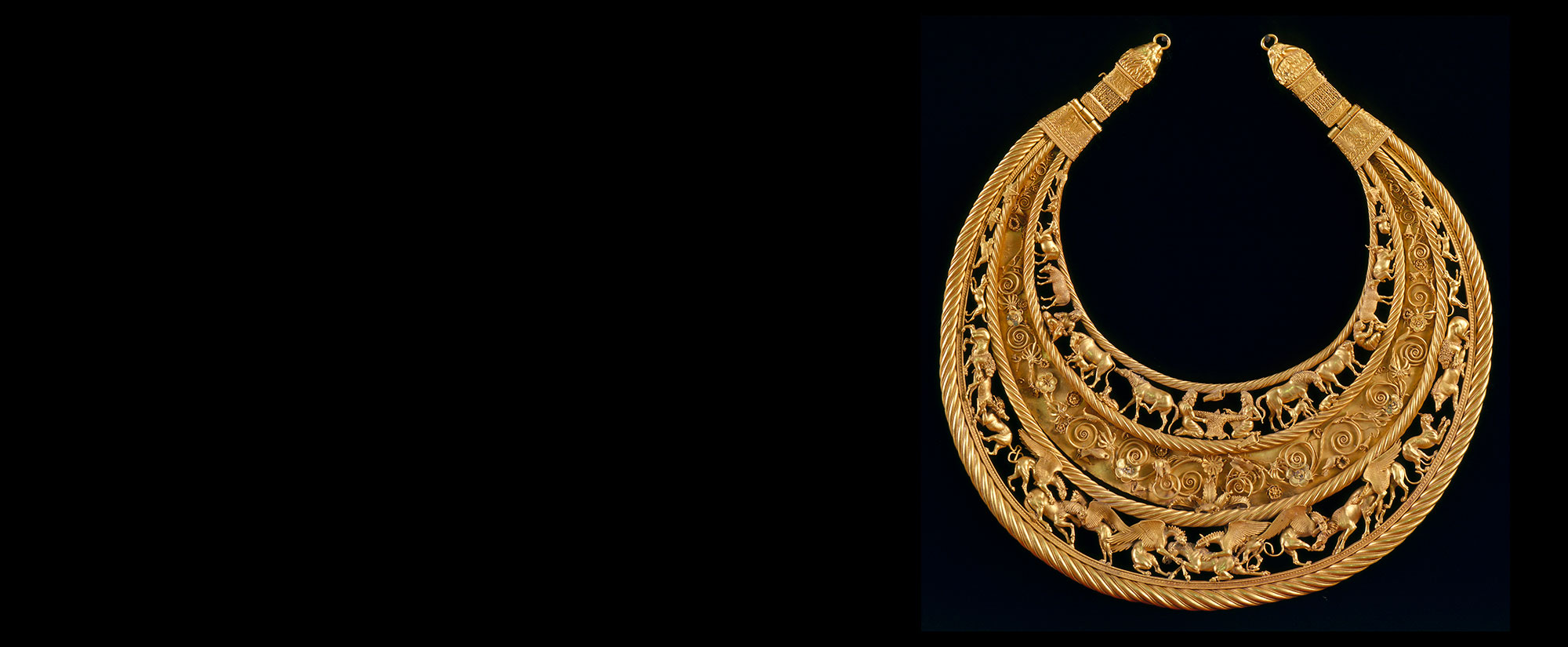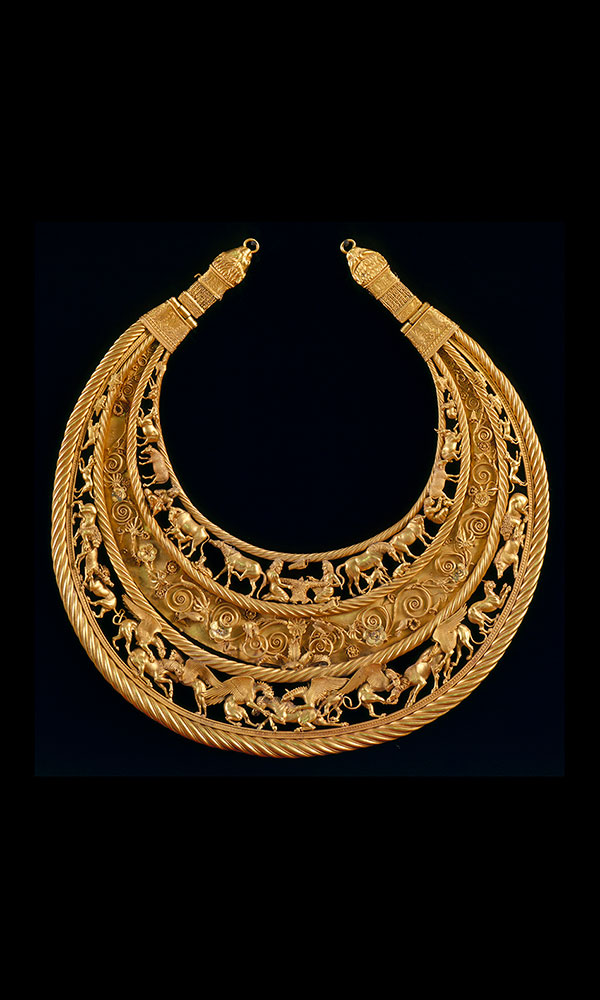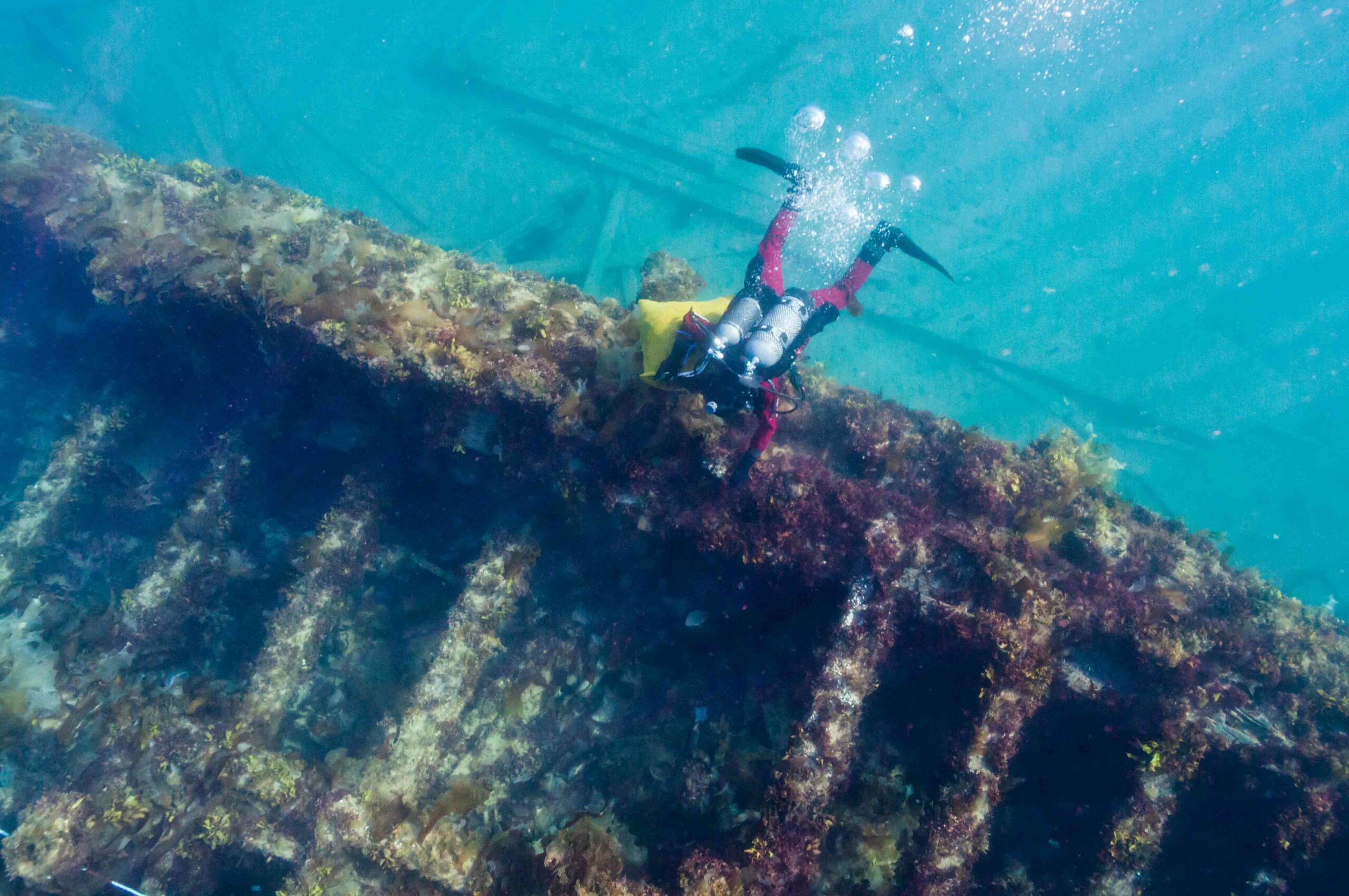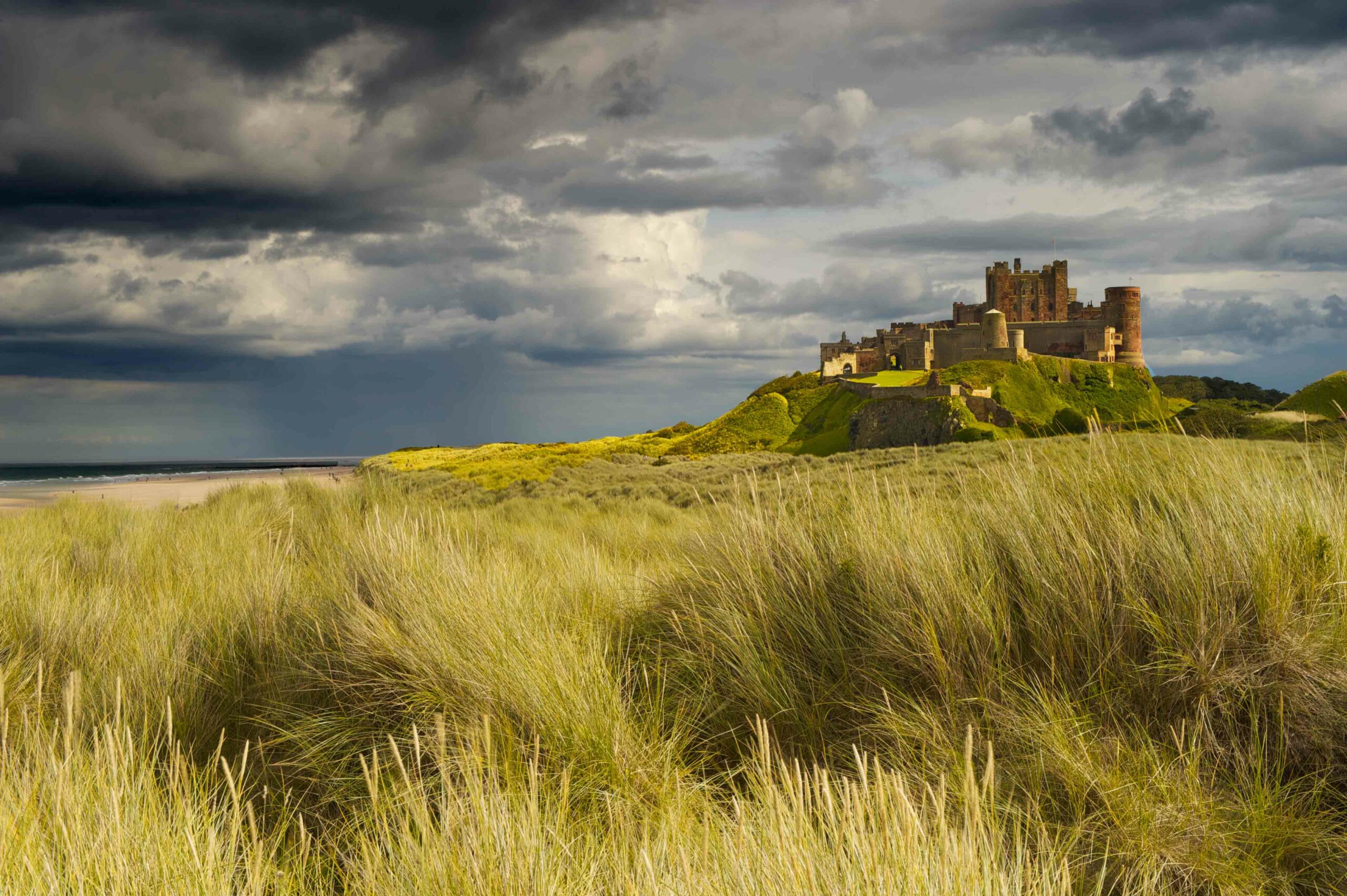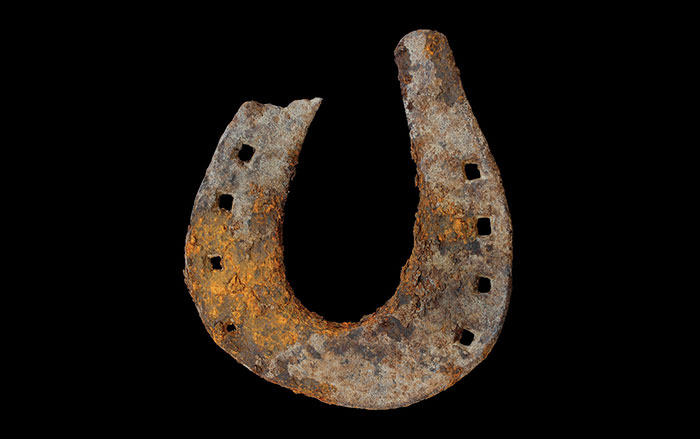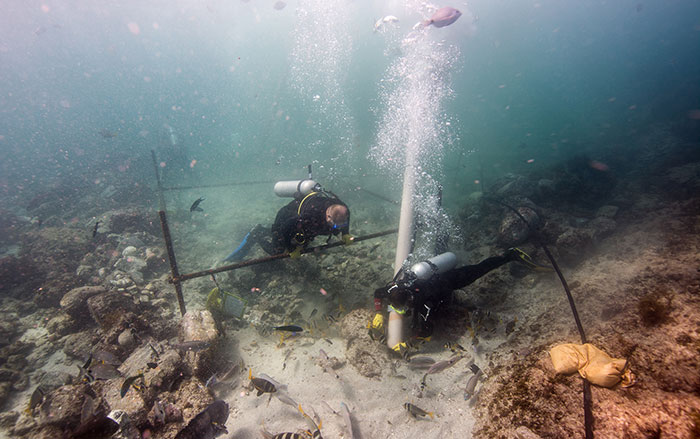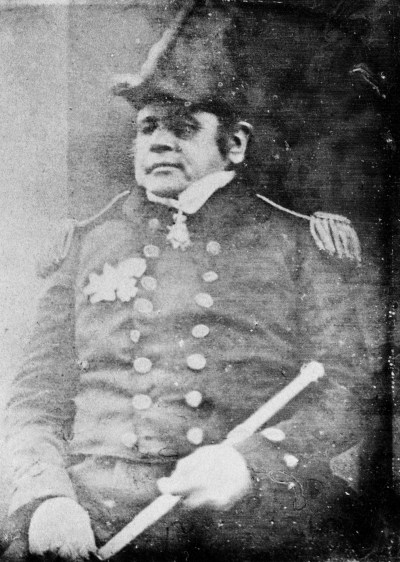
GLASGOW, SCOTLAND—The Star.com reports that researchers from the University of Glasgow think that accidents, and not illnesses such as tuberculosis, scurvy, and lead poisoning, may have been responsible for the loss of many of the Franklin Expedition’s 129 crew members. No log books from the Franklin Expedition have ever been found, so team leader Keith Millar and colleagues evaluated the “sick books” of nine Royal Navy ships that searched for the lost ships of the Franklin Expedition. Those ships were similarly equipped to the HMS Terror and HMS Erebus. The researchers found that the crews of the later ships suffered some symptoms of scurvy and lead poisoning, but not on a large scale. Millar suggests that accidents that occurred while hunting for wild game on foot in a harsh climate and over difficult terrain could be to blame for the Franklin Expedition’s heavy losses. Robert Park of the University of Waterloo, who was on the team that discovered HMS Erebus in 2014, disagrees with Millar, noting that 15 Franklin Expedition officers were dead by 1848, three years into the expedition. “I can’t imagine a catastrophic accident that would kill so many officers,” he said. For more, go to "Franklin’s Last Voyage."


